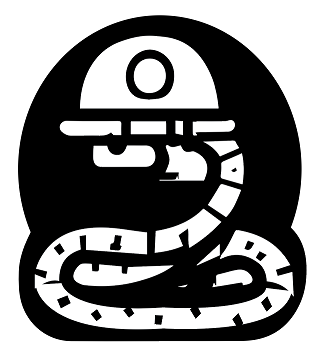This repository contains the source for the website Python for Engineers. The website is a self-paced online course, which is meant to be a way to provide (and refresh) knowledge of Python. This course was originally developed for students in the fields of: Civil Engineering, Environmental Engineering, Applied Earth Sciences and Construction Management and Engineering. These programs are part of the faculty of Civil Engineering and Geosciences at Delft University of Technology in the Netherlands. We try to draw on examples from these fields, but the course contents should be relevant for any engineering or applied geoscience discipline.
The course "Learn Python for Engineers" aims to provide freshman master students with essential Python programming skills tailored to their field of study. By the end of the course, students will:
- Gain a solid foundation in Python programming.
- Understand how Python can be applied in engineering and geoscience.
- Develop the ability to automate tasks and analyze complex data using Python.
- Acquire skills to visualize information effectively.
- Learn to develop efficient algorithms for problem-solving in their domain.
- Enhance their academic performance and future professional prospects.
- Become part of a vibrant learning community and foster collaboration with fellow classmates.
Join us in this exciting journey to acquire the necessary programming skills that will empower you in your academic and professional pursuits.
The course is organized as follows:
- Interactive exercises are found in Course Contents, where theory and exercises are introduced
- Each chapter contains at least two parts: theory and exercises. For this edition on the chapter on
numpycontains more than one Exercise section, but this may change in the future. - The "In a Nutshell" chapters do not contain any interactive elements.
This book is
Financial support for this project was provided through an open education grant from the Educational Management Team for the Civil Engineering and Geosciences Faculty at Delft. The content was first developed for Summer 2022 by Sandra Verhagen and a team of TA's in Jupyter notebooks that were auto-graded in Vocareum. For Summer 2023 a second round of funding was optained to update the content and adapt it to an entirely open and self-paced course without enrollement via a Jupyter Book, led by Robert Lanzafame. Special thanks goes to Miguel Mendoza Lugo who adapted the notebooks into the Jupyter Book format and implemented the interactive features, as well as Ahmed Farahat, who helped create the fun new visual features that make understanding the material easier in the Jupyter Book platform, as well as the In a Nutshell summaries. Guilherme Ferreira Sêco de Alvarenga made improvements to the content and set up the interactive Python feature via TeachBooks tools. Shiya Tang improved the contents and converted exercises from JupyterQuiz to H5p.
This Book is maintained and developed by staff of the Faculty of Civil Engineering and Geosciences of TU Delft, the Netherlands.


